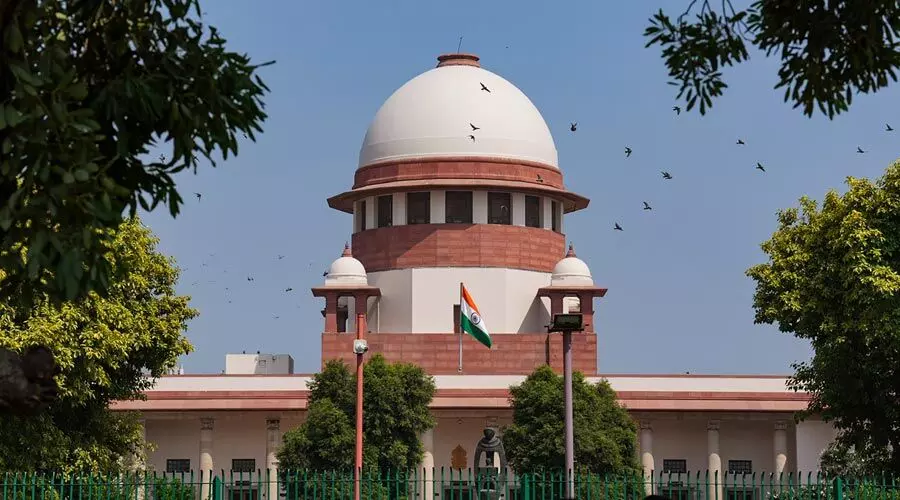A hurting rift

Apparently, the discord between the judiciary and the executive wing of the government is getting more intense with each passing day. The Union Law Minister has been publicly expressing his reservations on transparency, accountability and efficiency of the functioning of the Supreme Court, particularly in the appointment process of the judges. The most recent episode of visible discord between the Supreme Court and the Central executive is that of the release of the reports of the Research and Analysis Wing (RAW) and the Intelligence Bureau (IB) in the public domain by the SC collegium. Following the release of the resolution, the Union Law Minister raised serious apprehensions, saying that the conduct of the collegium was problematic. He said that “putting the sensitive or secret reports of RAW and IB in the public domain is a matter of grave concern on which I (he) will react at an appropriate time.” Certainly, the Supreme Court collegium has made a big shift from the convention of releasing only the names, and not the reasons. The collegium, in addition to reiterating the names rejected by the government earlier, also cited the objections raised against those names in the reports prepared by IB and RAW. As per the resolution, the name of Saurabh Kirpal was rejected due to his same-sex relationship with a Swiss national, on the grounds of securing national interest. His role as gay rights activist also came under scanner as same-sex marriages are yet to be legalised in India. The name of another candidate was objected to because of his critical remarks on the Indian prime minister. The Supreme Court’s decision to go against the convention should not be seen in isolation as it might just be a culmination of the ongoing rift between the two wings of the government. The name of Saurabh Kirpal was first recommended by the Delhi HC collegium in 2017. It was then pushed by the Supreme Court collegium. Since then, the SC collegium has twice reiterated its choice. It is alleged that the Central government has been deliberately holding back the names recommended by the collegium, which has further exacerbated the large-scale pendency of cases. The Union Law Minister rightly highlighted that “around 4.9 crore cases are pending”, adding that “pendency means delay of justice. Delaying justice means denial of justice.” At the same time, it is unclear what steps has the government taken to address the problem of transparency. Reports indicate the government's visible failure in clearing the names recommended by the collegium in a timely manner. The Centre’s reservations regarding transparency and accountability in the collegium system of appointment of judges are not completely unfounded. Under the collegium system, the judges of the Supreme Court and High Courts are appointed by the collegium of five senior-most judges of the Supreme Court of India. The composition of the collegium has a very narrow base and is devoid of diversity. Also, there is no public disclosure of the grounds on which certain names are recommended while others are omitted. Furthermore, experts have consistently questioned the disproportionate elevation of members of the bar as judges. Reports suggest that a mere 10 per cent of all the judges of the Supreme Court have been those who were elevated from the lower judiciary, first to the high court and then to the Supreme Court. There is no credible reason why a more transparent and accountable framework adopted across the world can’t be used for India! It is an uncontested fact that the method of appointment is bound to have an impact on the overall character of the judiciary. The need for judicial reforms is more pressing than ever. However, the alleged discrepancies in the appointment system cannot be used as a pretext to block the normal procedure of appointments. This, as the Union Law Minister pointed out, will lead to delay and denial of justice. A solution can be reached amicably and not through direct and indirect coercion. It is in the larger interest of the nation that both the judiciary and the executive resolve their disputes smoothly.



